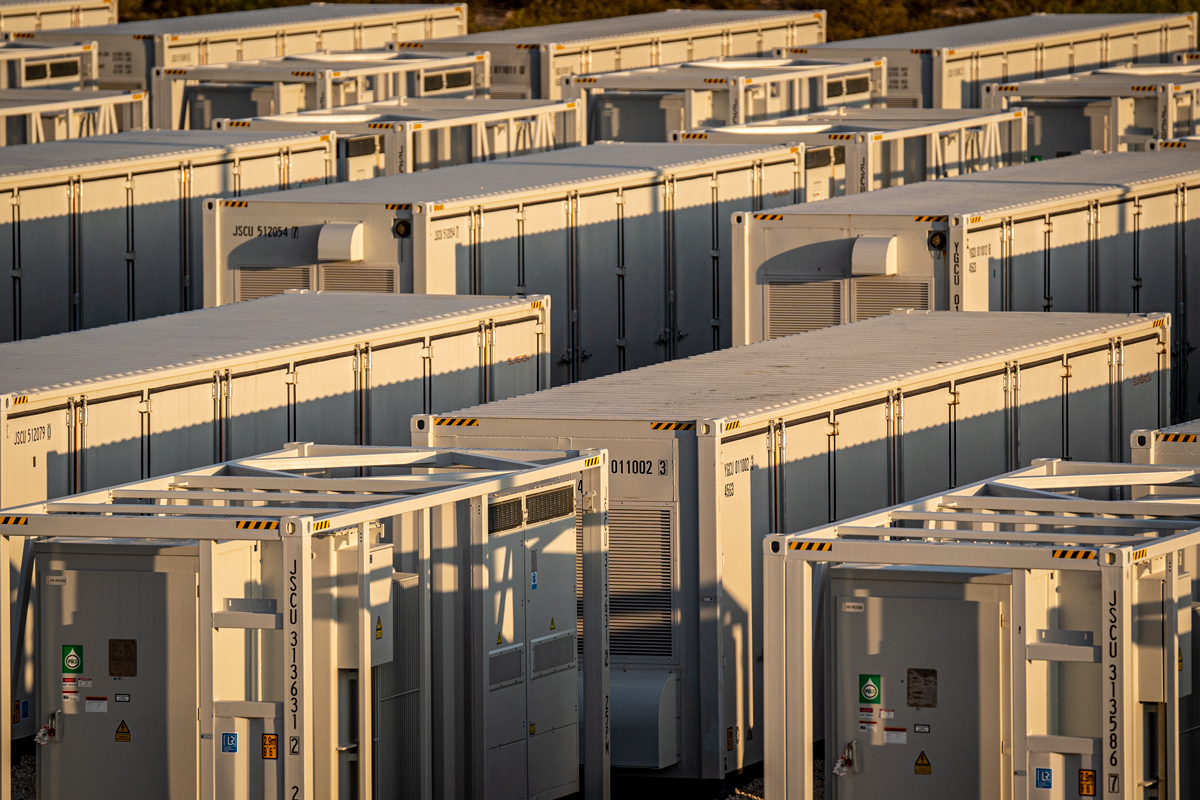CERAWeek Conversations: AWS CEO Andrew Jassey Offers Innovation Advice
Published Mar 14, 2019 by Tess Cook

How the energy sector moves forward in an era of climate change and growing renewables dominated the conversation at the CERAWeek conference in Houston this week. Executives from all corners of the industry openly urged their peers to embrace renewables, accept climate change and aggressively “develop the options.” Meanwhile, leaders in big tech were in the wings of the George R. Brown Convention Center waiting to offer advice, launch new initiatives or sell their shiniest services.
CERAWeek tapped Amazon Web Services (AWS) CEO Andrew Jassey to address the conference and share how AWS tackles innovation. He was interviewed by Jamey Rosenfield, founder and co-chairman of CERAWeek. Here are four pieces of advice Jassey gave to energy leaders during his studio session in the conference's Agora Innovation Studio.
1. Give software developers a mission. “It’s a large misperception that developers only want to work at startups. Developers are inventors who want to build quickly, they want to change the world. The [oil and gas industry] offers those opportunities.” Jassey also suggested the ability to experiment safely and fail without jeopardizing one’s career as a way to attract and retain developers in a company. “When you invent a lot, you’re going to fail. And you need to make your employees feel safe doing so.”
2. The secret to innovation is to start with the customer and work backward. “At AWS, we don’t begin coding until we have a press release or FAQ document to work backwards from." Jassey mentioned that people often over credit Amazon with innovative new products when they simply asked the customer.
3. In what was Jassey’s chance to soft-sell AWS, now in a hot race with Microsoft to develop solutions for oil and gas, he suggested the secret to scaling quickly is experimenting and building in the cloud. “Experimenting on servers takes 10-12 weeks to roll out while building on the cloud leaves no collateral damage when those experiments fail.”
4. Artificial Intelligence will not replace all human jobs. From using robots to conduct inspections, or using technology to analyze endless hours of well footage, machine learning and AI will replace the dangerous and mundane tasks, in turn creating higher-value, less dangerous jobs for humans.
AWS was not the only company touting innovation at the conference. ABB put their well inspection robot YuMi to work making coffee for the conference attendees and Emerson used an interactive play to exhibit their PlantWeb software.The Innovation Agora program covered a range of topics around transformation technology platforms, AI, analytics, drones, robots and more.
See more coverage of the event here.
 The Houston Report
The Houston Report



















